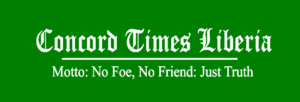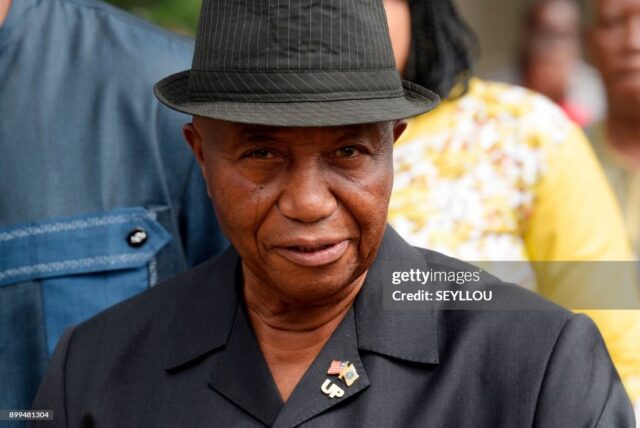In a controversial move, the Boakai administration has presented its draft national budget for the fiscal year 2024/25 to the Majority Bloc at the RLJ Resort, bypassing the required procedure of submitting it to the Speaker of the House by the October 31 deadline. This action has sparked a significant backlash regarding compliance with the Public Financial Management (PFM) Act.
Supporters of President Joe Boakai argue that after consulting legal experts, the administration chose to deliver the budget to a group of majority lawmakers who have a quorum, claiming these legislators are ready to fulfill their responsibilities to pass the budget. However, this raises a critical question: how can the budget be approved when it requires a two-thirds majority in the House of Representatives—49 out of 73 members? Currently, the House is polarized, with the pro-Boakai faction holding only 42 seats, while the opposition, led by Speaker Koffa, has around 31.
The involvement of an ECOWAS delegation, which has urged the Boakai government to adhere to the rule of law and constitutional mandates, underscores the seriousness of the situation. Critics argue that presenting the budget to an unauthorized group reflects President Boakai’s alignment with a faction and highlights his inability to lead effectively, particularly in a nation still recovering from the scars of a 20-year civil war.
The ongoing political crisis has once again captured the attention of ECOWAS as tensions escalate within the House of Representatives, particularly due to attempts by some lawmakers to unseat Speaker Fonati Koffa. President Tinubu of Nigeria, serving as ECOWAS Chairman, has dispatched a delegation to Monrovia to mediate the crisis. However, the Boakai administration appears resistant to this external intervention, raising alarms about its commitment to regional stability.
Further complicating matters, renegade lawmaker Samuel Koger has questioned the legitimacy of the ECOWAS delegation, disregarding the historical context of Liberia’s political turmoil, which has roots in his own county. His stance reflects a broader reluctance among certain lawmakers to pursue cooperation and reconciliation—crucial elements for national stability.
Supporters of President Boakai contend that his reluctance to intervene in the legislative conflict stems from a fear of overreach. Nonetheless, historical precedent shows that presidential involvement can be essential in averting legislative crises, as seen with leaders like Franklin D. Roosevelt and Lyndon B. Johnson. In stark contrast, Boakai’s leadership has been marked by an inability to unify various factions within the Unity Party and beyond, casting doubt on his capacity to guide Liberia through its current challenges.
The submission of the draft budget to a faction of rebellious lawmakers is viewed as a direct affront to President Tinubu and the principles upheld by ECOWAS. This act, especially following the delegation’s visit, suggests troubling implications for the Boakai administration’s commitment to constitutional governance.
As Liberia faces a precarious political environment and a judiciary perceived as compromised, the potential for further unrest looms large. The actions of Speaker Koffa and his allies will be critical in determining the next steps in this unfolding crisis. Liberia stands at a crossroads, with the need for unifying leadership more urgent than ever. The decisions made by the nation’s leaders in the coming days will have profound implications for Liberia’s trajectory, either towards stability or deeper discord.








